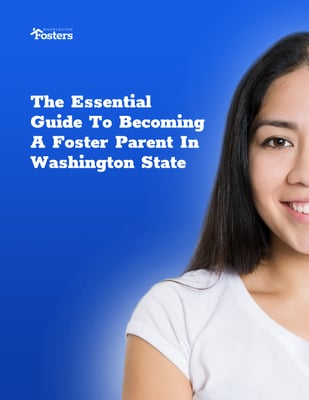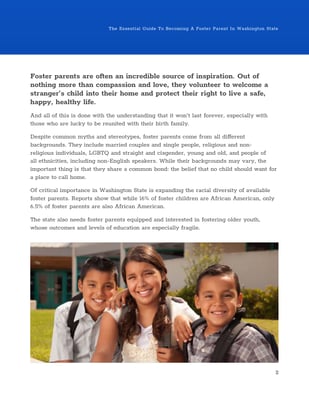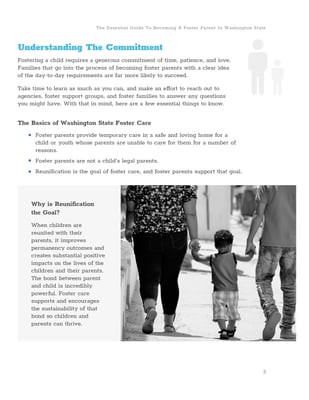Jimmy Wayne entered the foster care system when he was 12 years old. Over the next two years, he moved schools a dozen times.
Looking back, he doesn’t even remember what teachers tried to teach him. His focus wasn’t on science and math, it was on where he might get his next meal.
Desi Henderson can relate. As a foster child, she lived with 12 different families over 18 years. The instability took an incredible toll on her mental health. She attempted suicide, endured sexual assault, and struggled with self-harm multiple times.
Wayne and Henderson represent an all-too-common reality for foster children. Their formative years spent in out-of-home care were incredibly unstable, putting them at much higher risk for mental health problems.
How Instability In Foster Care Impacts Mental Health

Imagine a time when your life plans were suddenly changed. Maybe you lost your job unexpectedly, or a close relative passed away, or you were in a serious car accident. You might have felt confused, scared, angry, or all of the above.
For foster children, a life of unexpected trauma is the norm and their mental health suffers greatly as a result.
1. Developmental Impact
Children in foster care are unlikely to perform well at school, primarily because their minds cannot focus when their basic needs and safety are constantly in limbo.
Add to the fact that foster children frequently switch schools, disrupting any educational momentum they do manage to build. As their peers absorb the developmental benefits of socializing and learning at school, foster children fall behind.
2. Emotional Impact
Children who shift homes frequently are more likely to develop a general distrust of people.
As they grow up, they’re less likely to have the capacity to develop meaningful relationships with others. Without someone to depend on, they feel alone and abandoned, and they are more likely to encounter struggles with mental health issues, including depression.
3. Psychological Impact
Much of the time, children don’t know why they move. The more it happens, the more confused they become, and the more it affects their mental health as a result.
As children shift between placements, the impact on their mental health begins to manifest as behavioral problems. Those behavioral problems make them more likely to be transferred to a different placement, adding to their existing trauma and exacerbating their mental health issues. It’s a vicious cycle.
How Foster Parents Can Help

Every foster parent has a chance to stop the cycle of instability.
Creating a trusted, stable, consistent home for a foster child isn’t easy, but it’s the most powerful way to improve a child’s mental health and create a safer, happier future for them and their families.
Just a few of the ways foster parents can help include:
- Attend additional training sessions to learn additional strategies for dealing with behavioral problems
- Learn as much as you can about a child’s background through visitation with birth parents and communication with caseworkers
- Support reunification so children can maintain a constant connection with their families
- Foster sibling groups who provide emotional support for each other during times of instability
Foster parents should also understand that change can come in many forms. It’s not just moving homes, it’s changing a caseworker, changing a therapist, moving to a different school, or even a significant change in their schedule.
When a child can’t count on any consistency, every change contributes to poor outcomes. A consistent foster family can help root a child so other changes don’t matter as much.
Foster children need your help. Learn more about how you can help in this free guide to becoming a foster parent in WA.








